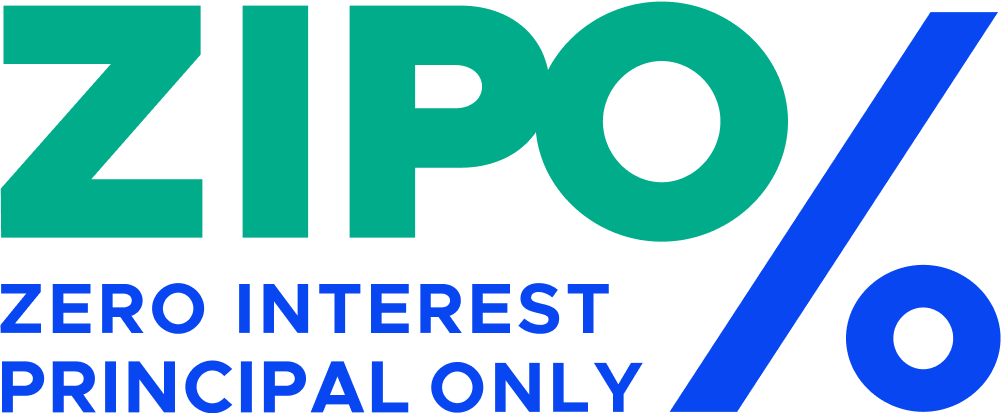NEWS
How to Balance Student Loans and Retirement Savings
After the excitement of finishing school passes, reality tends to set in regarding the cost of an education. Student loans often feel like a heavy weight that bogs down your ability to feel financially stable. People tend to react to debt in two main ways. Some people detest owing money so much that they’ll dedicate a large portion of their new income to paying it down. This often comes with the cost of ignoring the need to save money.
Others go into a form of denial and put off dealing with their loans altogether, which can lead to the issue of going into default. Neither of these two extremes is ideal, yet you might be wondering if it is possible to strike a perfect balance. The good news is that you do have options regarding paying off your student loan in a way that allows you to still save for the future, but you will need to do a little planning to figure out what works best for you.
Consider an Income-Driven Repayment Plan
The standard repayment plan works well for some people, and you might consider using this option if you have a high income compared to your debt balance. If you fall into the category of having plenty of money to put toward paying down your balance, then it might also make sense to plan for a few overpayments.
The majority of others with high debt balances compared to their income will want to consider taking advantage of an income-driven repayment plan. These plans tend to cap your payments at around 10 to 20% of your income. After you pay on them for 20 or 25 years, the remaining balance is forgiven. Keep in mind that this means that you will likely be paying more in interest over time, which is why working towards zero-interest loans is so important. But, it will help you to save more money each month to put into your retirement account.
Use the Leftover Income to Maximize Your 401(k) Savings
Once you’ve figured out your estimated income-driven payments, you can then begin to budget for how much you can put into your retirement accounts. While the temptation might still be to pay more on your loans, the truth is that income-driven plans work best for you financially when you continue to make your minimum payments. Avoiding overpayments frees up funds for you to put into retirement plans that allow you to make money on the interest rather than your service provider.
Reduce Your Loan Payments Through Making Retirement Contributions
One of the benefits of income-driven repayment plans is that they can actually work with your goal of saving for retirement. Your income for this type of repayment plan is based upon your adjusted gross income, which is the amount you have left over after making pre-tax savings contributions such as those that go towards a 401(k), 403(b) or Health Savings Account. Knowing that saving more towards retirement lowers your student loan payments is a helpful motivator for making sure that you continue with your contributions.
Getting an education is supposed to help you plan for a comfortable retirement, but the hard truth is that you might have more than a decade of figuring out how you’ll get there. Taking advantage of every opportunity to reduce the strain on your budget helps you to save more for the future. Advocating for zero interest student loans is another strategy to add to your retirement planning kit. Every dollar that you save on repaying your debt is one that can go right into your retirement account.
